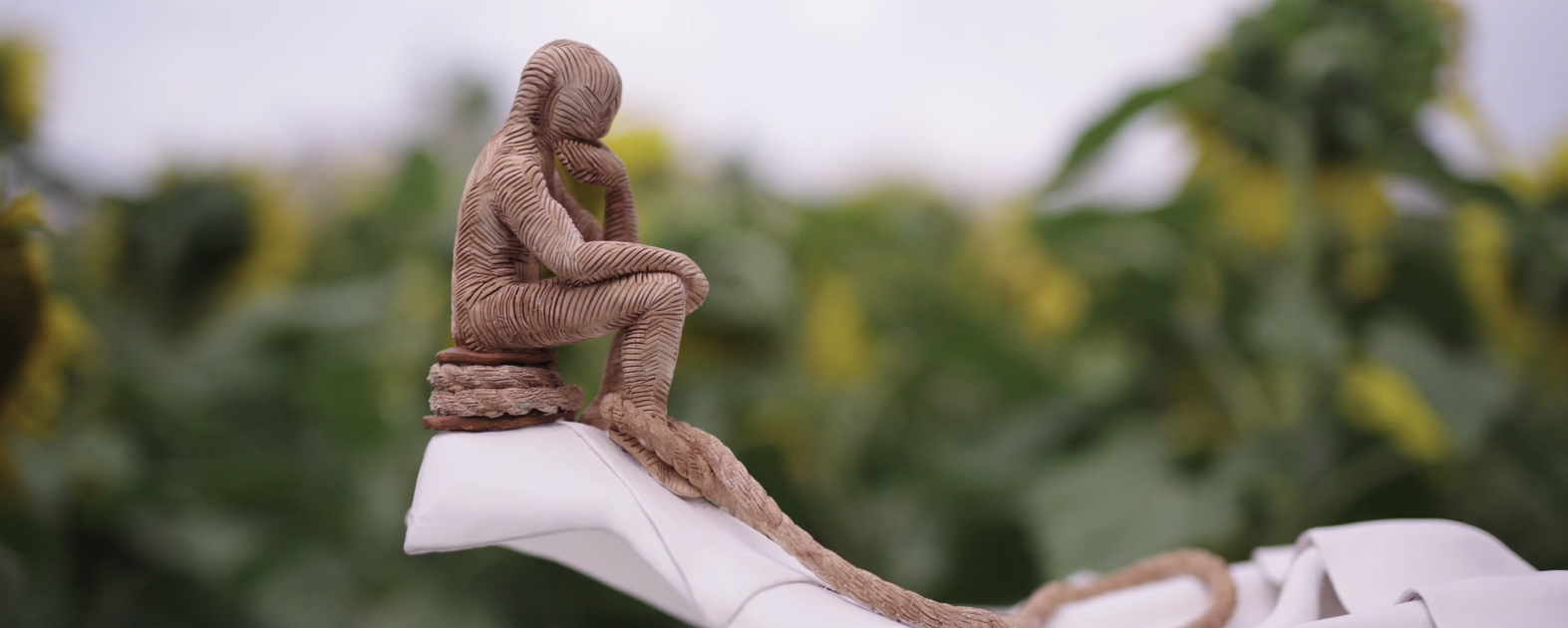Current Projects
Applying Concussion Recovery Technology to Support Survivors of Intimate Partner Violence
With funding from the College and Community Social Innovation Fund (CCSIF), this project aims to address a critical gap in healthcare services for survivors of intimate partner violence (IPV) who have experienced mild traumatic brain injury (mTBI), commonly known as a concussion. In Canada, over 100,000 women face IPV annually, often resulting in injuries to the head, face, and neck. Research indicates that many survivors of IPV may suffer from mTBI due to head impacts or strangulation, yet these injuries often go undetected and untreated.
Concussion is often referred to as an invisible injury because symptoms may not be immediately apparent, leading survivors to forego medical help. Compounded by the challenges of fleeing violence and navigating complex systems, such as securing safe housing and engaging with the criminal justice system, survivors may struggle to access appropriate care. This project seeks to bridge this gap by partnering with Neurovine, a leading provider of concussion recovery technology, to adapt their technology for survivors of IPV.
This project aims to empower survivors of IPV who have experienced mTBI by providing them with innovative and accessible concussion recovery support. By partnering with Neurovine and leveraging their cutting-edge technology, we hope to improve outcomes for survivors and contribute to the advancement of trauma-informed care.
Past Projects
COVID-19 and System Responses to Homelessness
The Victimology Research Centre partnered with the Alliance to End Homelessness – Ottawa and Carleton University’s Sociology Department to engage people who are homeless and at risk of homelessness to better understand the impact of COVID-19. This was a two-phase project.
Phase One included interviews with nonprofit agencies in the Ottawa region to understand how people generally access resources with various systems related to housing and homelessness and how that has changed during COVID-19.
Phase Two built upon this research by engaging with people with lived experience of homelessness directly and asking about their experiences of navigating support and resources during this time.
Resilience and Victims of Violence
Algonquin College, in partnership with The Victim Justice Network, conducted a study titled Resilience and Victims of Violence: Understanding Strengths to Enhance Victim Assistance Training. In the first phase of this research project, Algonquin College led and collaborated with the Victim Justice Network in completing a three-year mixed methods investigation on resilience and violence.
Funded by the College and Community Social Innovation Fund (CCSIF), Algonquin received both quantitative and qualitative survey responses from survivors of violence across all Canadian provinces and territories. This research has explored how responses to violence may lead to various personal changes including post-traumatic stress and post-traumatic growth.
These findings will support the development of strength-based training modules for victim service providers and provide resources on resilience for the Victim Justice Network to disseminate through their website.
The detailed report is available here: Resilience and Survivors of Violent Crime
Victim Services and Vicarious Resilience
The Victimology Research Centre began a second partnership with The Victim Justice Network on a project that was granted funding by the Social Sciences and Humanities Research Council of Canada (SSHRC) in Spring of 2020.
This mixed methods research project shifted focus onto victim service providers and how they identify various patterns and systemic barriers. While evaluating a wide range of different sectors of victim services across Canada, this research explores service provider wellness and their overall vicarious resilience. The results of this research include a Toolkit for service providers to promote self-care and healthy organizational practices, training sessions for various sectors, and several publications which will be made available through the Toolkit as they are released.
The Toolkit is available in both official languages at this link: www.vicariousresilience.ca
Male Survivors of Intimate Partner Violence in Canada
At the request of the Office of the Federal Ombudsman for Victims of Crime, our team drafted a research paper on the experiences of male survivors of intimate partner violence (IPV) in Canada. Using data collected from Resilience and Victims of Violence, we analyzed survey responses of 45 males who identified as survivors of IPV. This qualitative data was combined with a review of Canadian literature published between 2010 and 2020 to gain an overall understanding of the experiences of male survivors, including their interactions with the justice system, social supports, and formal support services, and their post-traumatic growth.
A detailed report is available in both English and French:
- English report: Male Survivors of IPV in Canada, 2020
- French report: Survivants masculins de la violence conjugale au Canada, 2020
After Candace
After Candace is a full-length documentary that follows the healing journey of Cliff and Wilma Derksen, who are survivors of their daughter’s homicide. The film was shot on location in Winnipeg, Canada, using art pieces created by Cliff that were strategically placed around the city in areas of significance to their story. With funding from the Algonquin College Innovation Fund (ACIF), workshop materials were created so that this film could be included in Algonquin curricula, shared with service providers, and screened at events such as the Justice Department’s Victims and Survivors of Crime Week.
A film discussion guide with embedded links to the film itself is available in both French and English:
- English film guide: https://www.algonquincollege.com/aftercandace/
- French film guide: https://www.algonquincollege.com/aprescandace/
